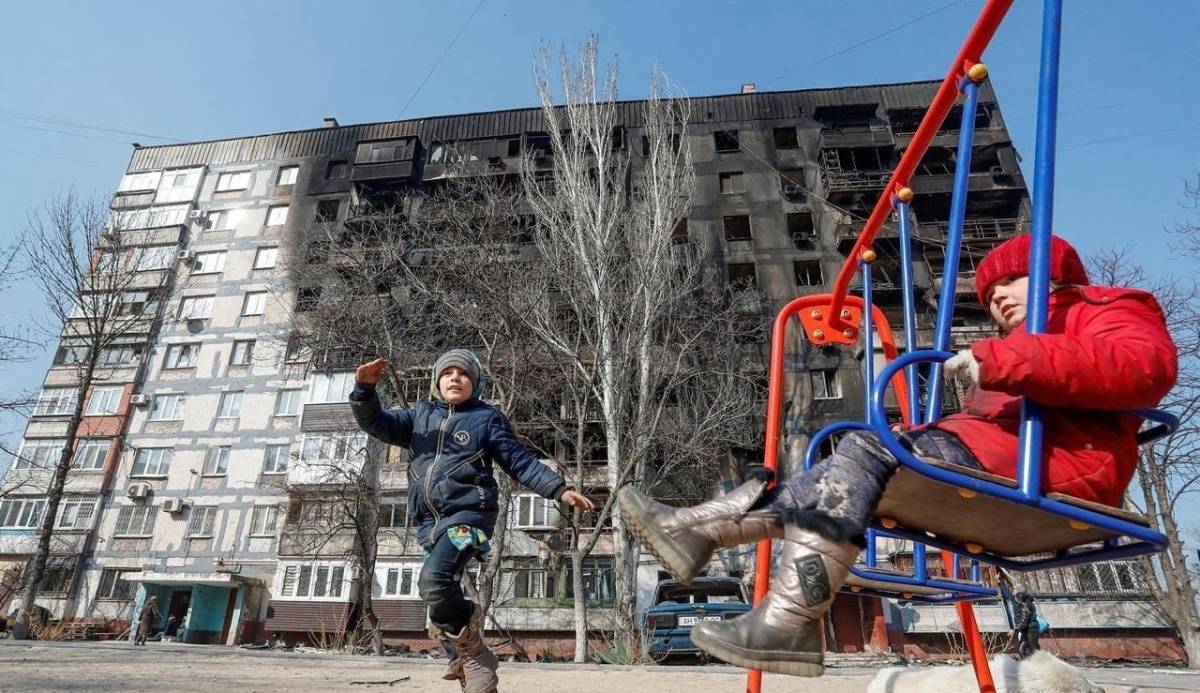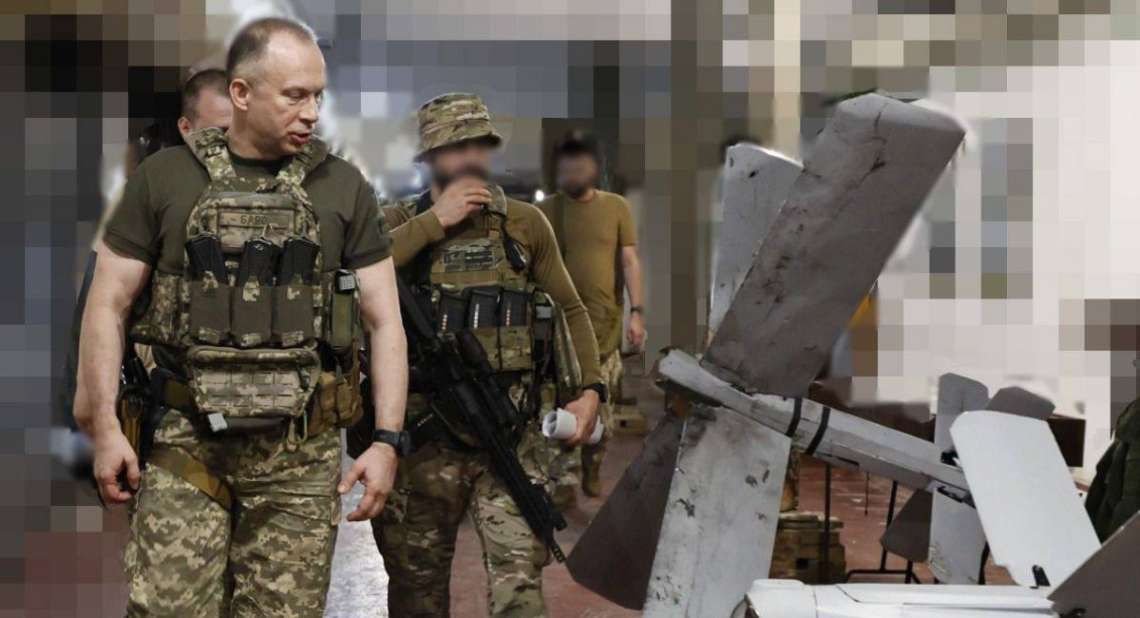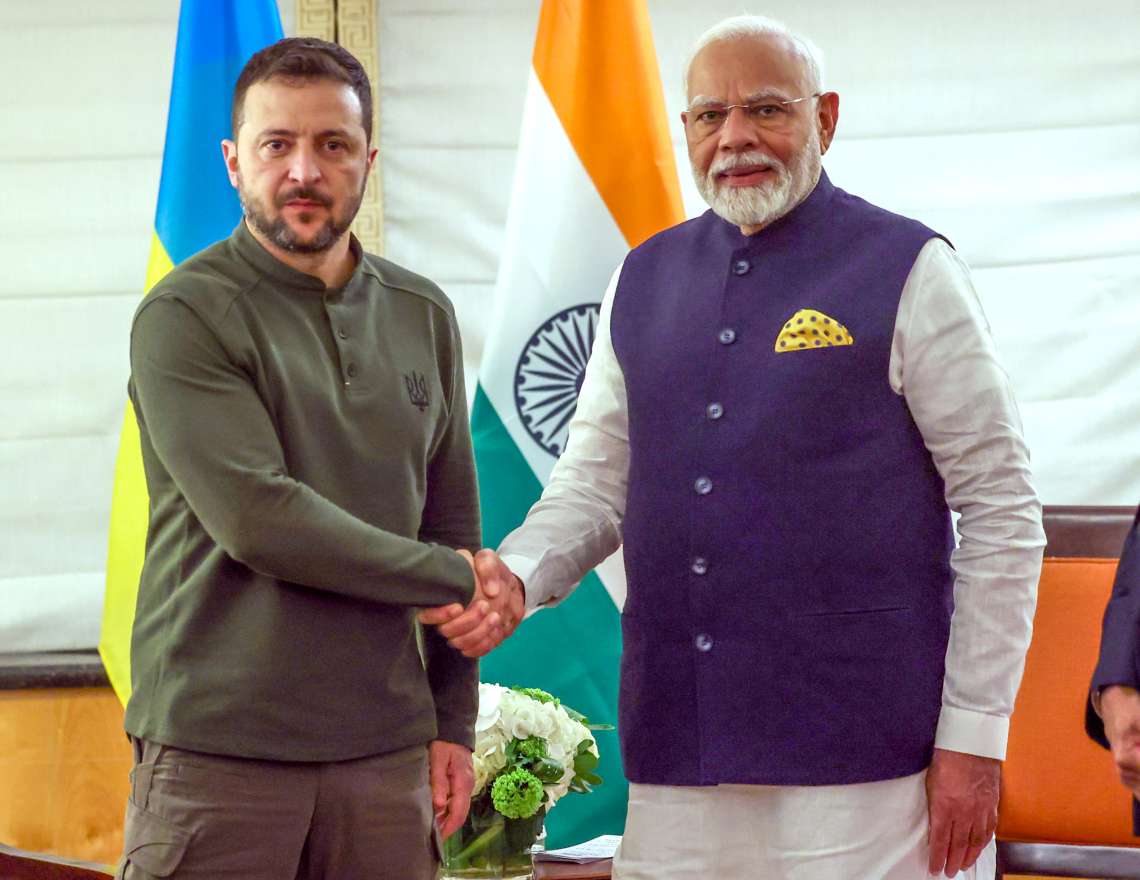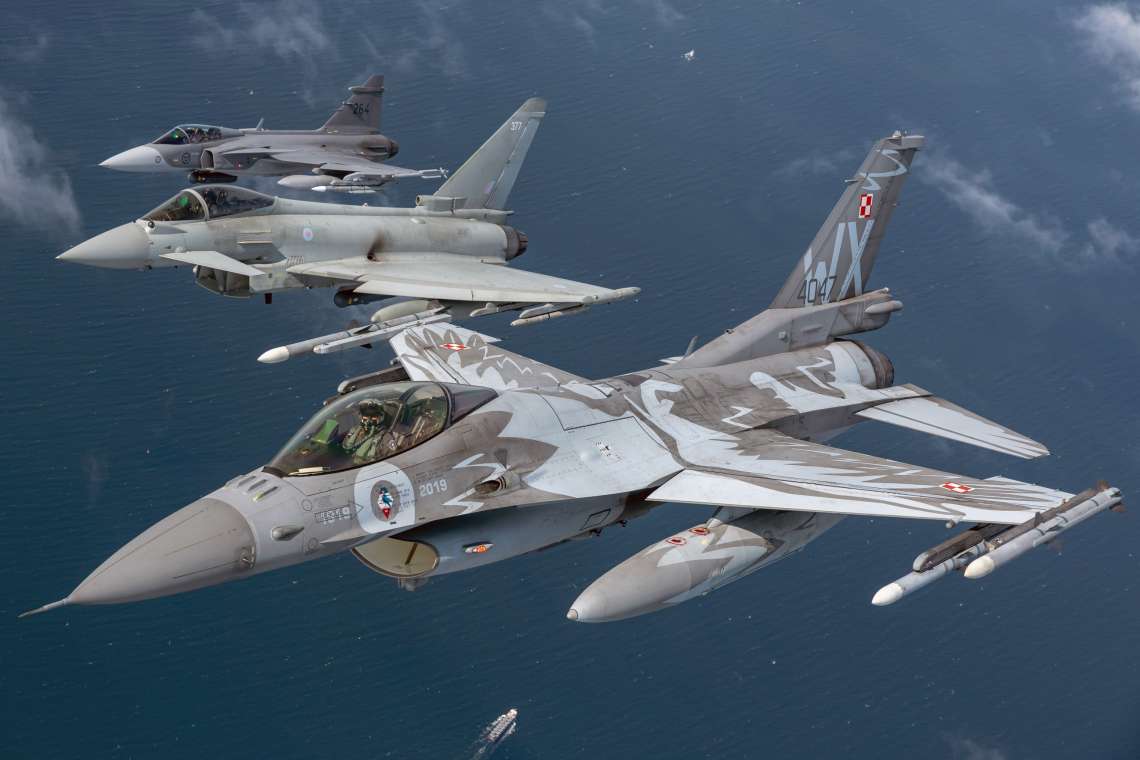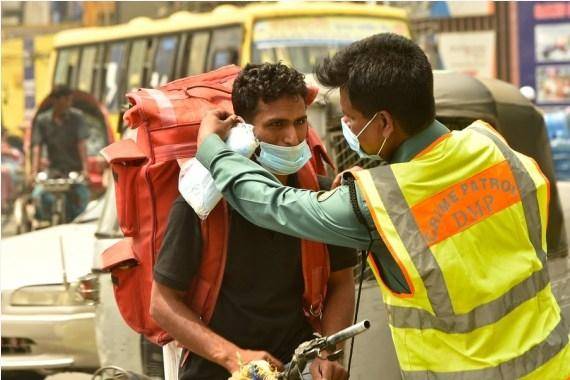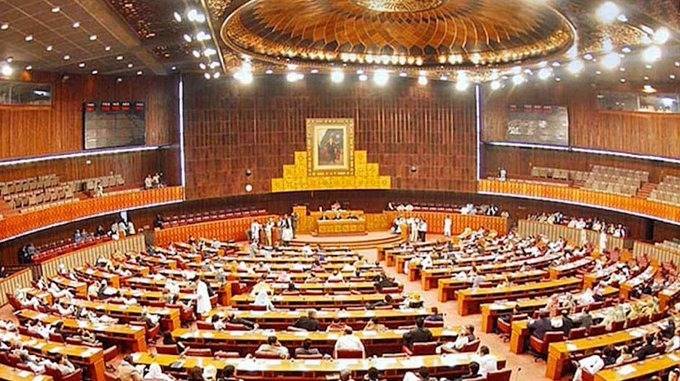Ukraine’s economy is expected to shrink by an estimated 45.1 per cent this year, “although the magnitude of the contraction will depend on the duration and intensity” of the conflict…reports Asian Lite News
As a result of Moscow’s ongoing war on Kiev, Ukraine’s economy is expected to shrink by 45.1 per cent this year, and Russia’s economy is projected to contract by 11.2 per cent, the World Bank has projected.
The war and the subsequent sanctions on Russia are hitting economies around the globe, with emerging markets and developing countries in the Europe and Central Asia region expected to bear the brunt, Xinhua news agency reported citing the newly-released World Bank’s Economic Update for the region.
The economy in the region’s emerging markets and developing countries is now forecast to shrink by 4.1 per cent this year, compared with the pre-conflict forecast of a 3 per cent growth as the economic shocks from the conflict compound the ongoing impacts of the Covid-19 pandemic, the update revealed, noting that the contraction is twice as large as the pandemic-induced contraction in 2020.
Ukraine’s economy is expected to shrink by an estimated 45.1 per cent this year, “although the magnitude of the contraction will depend on the duration and intensity” of the conflict, it noted.
Hit by unprecedented sanctions, Russia’s economy has already plunged into a “deep recession” with output projected to contract by 11.2 per cent in 2022, according to the update.
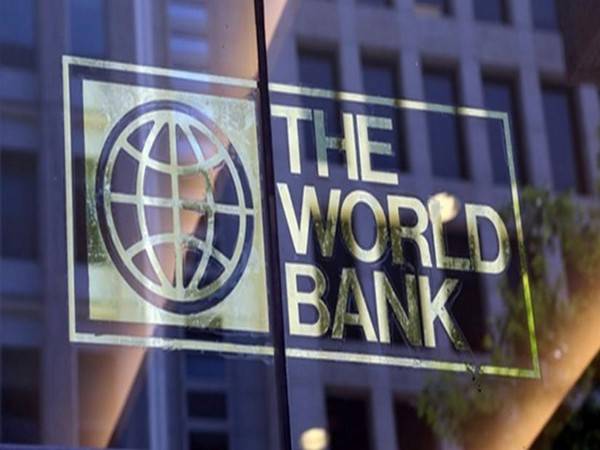
In addition to Russia and Ukraine, Belarus, Kyrgyzstan, Moldova and Tajikistan are projected to fall into recession this year, while growth projections have been downgraded in all economies due to spillovers from the conflict, weaker-than-expected growth in the euro area, and commodity, trade and financing shocks.
The Ukraine crisis and the pandemic “have once again shown that crises can cause widespread economic damage and set back years of per capita income and development gains”, said Asli Demirguc-Kunt, World Bank chief economist for Europe and Central Asia.
She urged governments in the region to fortify their macroeconomic buffers and credibility of their policies to contain risks and deal with potential fragmentation of trade and investment channels, strengthen their social safety nets to protect the most vulnerable, including the refugees, and not to lose focus on improving energy efficiency to ensure a sustainable future.


